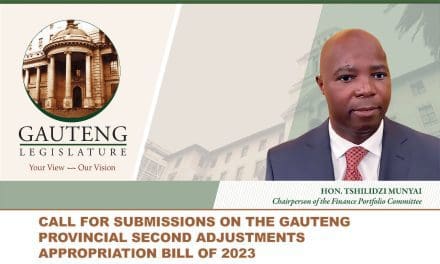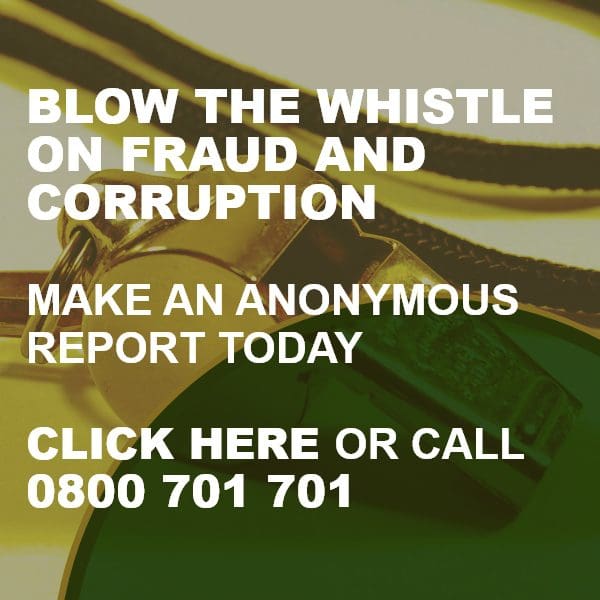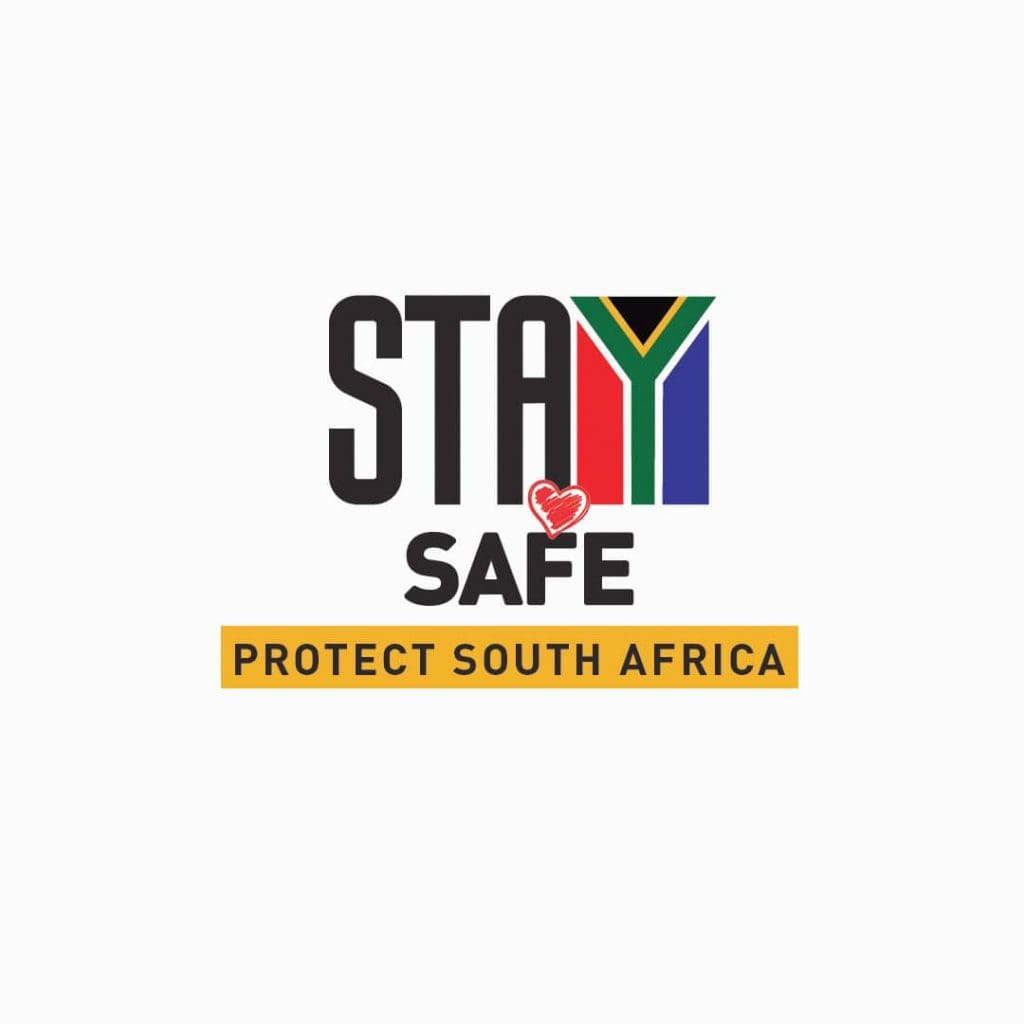The Ad-Hoc Committee on Taxi Permits and Operating Licenses has compiled and adopted a report on that subject.
Click here to download the full report or read on for the summary.
Background
The Ad-hoc Committee into Taxi Permits and Operating Licences (the Committee) assessed the impact of the delays in the issuance of permits and operating licenses as well as the challenges faced by various role players in the whole process, in particular the Department of Roads and Transport, and to find a lasting solution. The Committee also considered:
- Taxi violence/wars between associations of owners fighting for commuter routes
- Taxi industry protests
- Illegal taxi operation
- Illegal acquisition of permits and operating licences
- Unregistered associations
- Unaudited taxi routes
- The role of law enforcement
- Bribery and corruption involving owners, drivers, the GDRT and law enforcement officers
- Conflicts of interest in cases where GDRT officials and law enforcement officers own taxis
Evidence
The Committee convened eight hearings to gather evidence from identified stakeholders, including:
- The Department of Roads and Transport
- The Department of Community Safety
- The South African Local Government Association
- The South African Police Services
- Three Metropolitan Municipality Traffic Departments
- Westonaria Local Municipality
- City of Johannesburg Transport Department
- Taxi Organisations
- Specific Taxi Associations
- Other affected role players who made submissions to the Committee.
The Committee also conducted an Inspection-in-Loco to all Provincial TOLABs to verify part of the evidence, which matched the actual proceedings and processes involved in the issuance of permits and operating licenses.
Some of the major challenges identified were in relation to the infrastructure and human resources capacitation of the centres.
The Committee also visited the provinces of Limpopo and Western Cape to facilitate and participate in engagements on the issuance of permits and licensing focusing on the infrastructure, human resources and applicable legislation. Informal engagements with the Kwa-Zulu Natal Province were also conducted on the matters reflected above.
Findings
After considering all of the evidence, the Committee made a number of
findings, which are disclosed in detail in the body of the report, and which included:
- The link between taxi violence and operating licences
- The functionality of the Transport Operating Licence Administration Bodies (TOLAB’s)
- The Effectiveness of the Provincial Regulatory Entity (PRE)
- The role of the GDRT
- The role of Law Enforcement Agencies
- The role of SALGA and Local Government
- The role of the Taxi Industry
- The gaps in the Legislation
- Unresolved issues, matters and conflicts reported to the Committee
Recommendations
The Committee developed recommendations in relation to measures that all the role players involved in the issuing and management of permits and operating licenses should take into consideration for implementation.
One of the major recommendations that the Committee would encourage this House to consider is the serious consideration of the devolvement of Provincial Traffic Police from the Department of Community Safety to the Department of Roads and Transport. The Committee is of the view that the devolvement will assist in ensuring all Transport functions are coordinated under one Department.
If all role players could implement its recommendations taking into account budgeting processes, the taxi industry will be a reliable, safe, affordable and professionalised industry.
Click here to download the full report.





